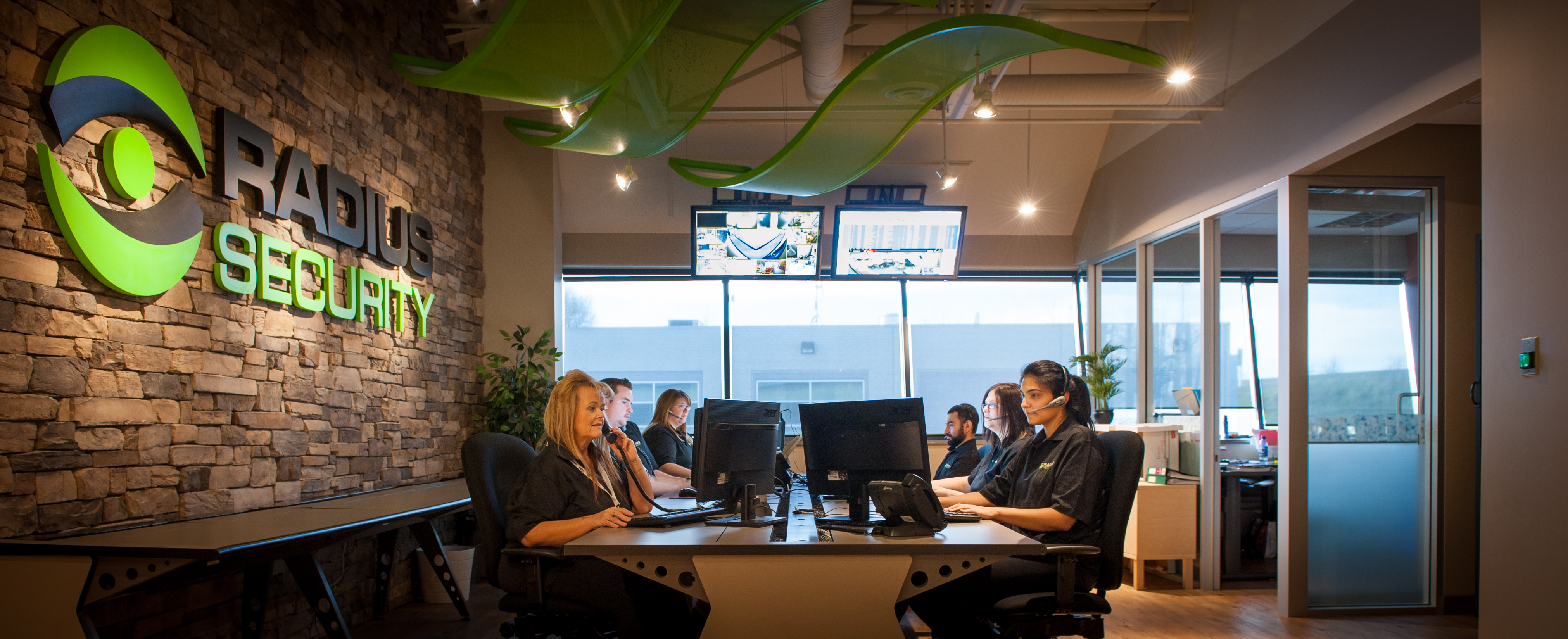Is it time to migrate from your analog CCTV video surveillance system to a more advanced system of IP (internet protocol) digital security cameras? Perhaps your CCTV system is reaching its end of life, as manufacturers discontinue their analog product lines. Perhaps you’re ready for better image quality and the video analytics capabilities of remote video monitoring. Or you just like the idea of watching from your smartphone as suspects get arrested in real time. Whatever your reasons, here are some considerations to discuss with your security consultant to ensure you get the most out of your upgrade.
1. Existing infrastructure. Ask your security consultant whether new IP security cameras can be integrated with your current system to save on installation costs. Many IP security solutions offer this option.
2. Data storage. With IP cameras processing and encoding video, you will likely use an NVR (network video recorder) to process, compress and store your video and data on site, typically for about 30 days. Or, you may opt for Cloud-based storage for greater accessibility. Cloud-based on-demand services typically charge monthly fees, require Internet connectivity, and have storage limits. Discuss video management systems (VMS) with your security provider.
3. Budget. Consider your needs in the light of your budget. What level of image quality, areas of coverage, length of storage etc. can you afford? Your security consultant should offer a range of solutions to fit your budget.
4. Timing. Talk to your security consultant about upgrading your system in stages, to spread out the costs over time and minimize disruptions in your operations.
5. Location. Video-analytics-enabled cameras are most effective in outdoor environments. As you consider where to install your IP security cameras, take into account the environmental conditions. Different IP cameras respond differently to factors such as extreme temperatures, humidity, dust, corrosion, light levels, and power supply.
6. Back up. No system is perfect. What happens if a camera fails or video is lost? It is wise to provide for adequate back-up footage, or redundancy, in your system.
Upgrading to an IP security system is likely only a matter of time. When you are ready to migrate your video surveillance, thoughtful planning will ensure your dollars are wisely spent.
Note: This blog discusses general safety and security topics. It is not intended to provide comprehensive advice or guidance. In all matters of personal safety and security, We encourage readers to research topics in depth and consult a security professional about specific concerns..









